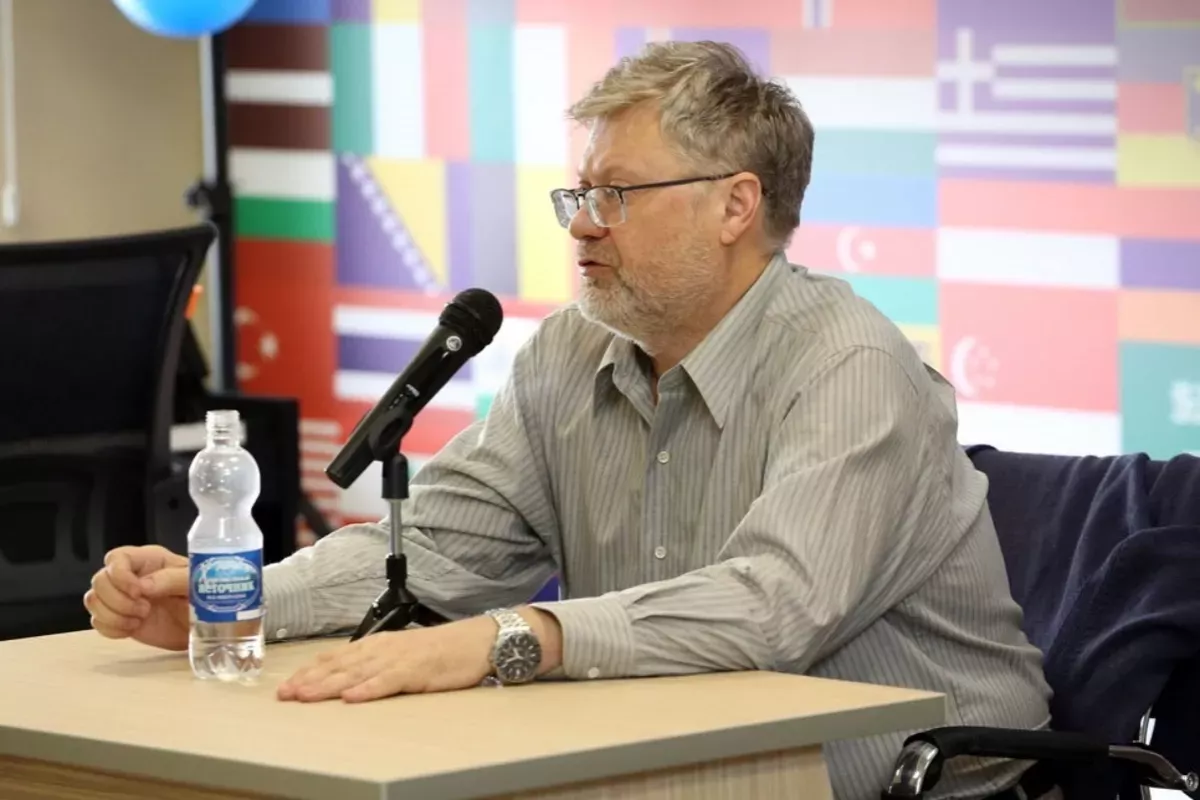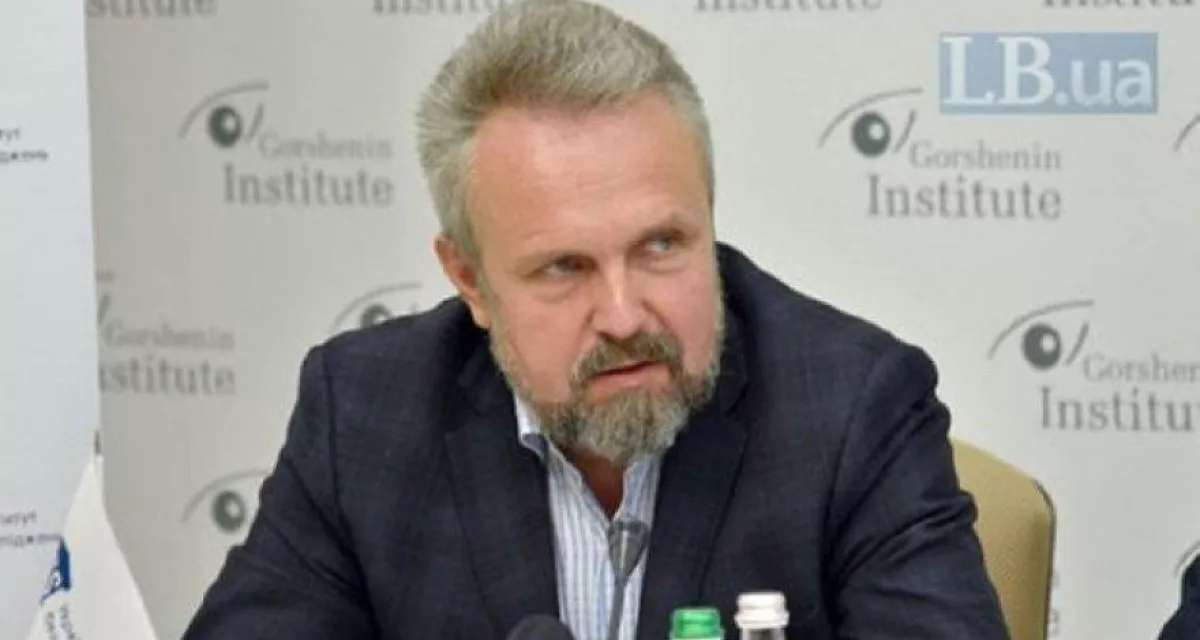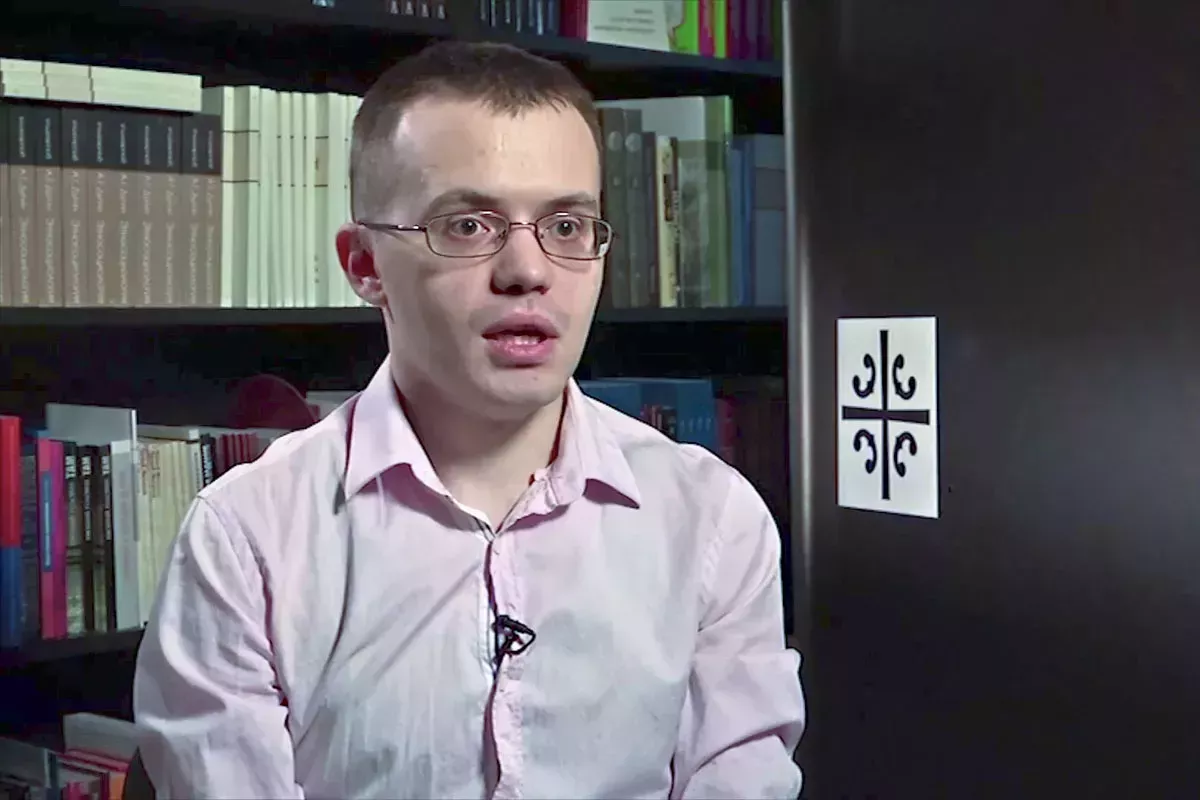The right of veto and global challenges Experts on the UN Reset
Kazakh President Kassym-Jomart Tokayev has called for reform of the United Nations structure, including the Security Council. He made this statement in an interview with The Hill. According to the head of state, reforms are necessary to give a voice to countries that are not among the five permanent members.
Tokayev noted that only in this way can the UN more effectively address current regional challenges. Among the major threats facing the world, he highlighted pandemics, climate change, and the risk of nuclear self-destruction.
He believes that if the UN can be made more results-oriented, it will become an institution that meets the demands of the 21st century—an institution capable of leading the fight against various problems, from food insecurity to conflict prevention and technological governance.
"Progress was made in this regard. Yet the fact that we continue to live only seconds away from existential collapse shows that, collectively, we failed to capitalize on the opportunity afforded by years of peacetime," the politician stressed.
Tokayev also noted that "the international community must not give up on the United Nations, but rather recommit to it, reform it and strengthen it. This universal organization is absolutely essential for humanity — there is no alternative."
Notably, official Baku also supports reforms in the UN and its Security Council. In particular, Azerbaijani President Ilham Aliyev, speaking at the opening of the Non-Aligned Movement Parliamentary Network conference in Baku, stated: "We speak for reforms, and I think this should also be discussed on the level of heads of state and government of NAM to put an end to the selective implementation of the United Nations Security Council based on political preferences."
Indeed, many today recognise that the UN is no longer capable of addressing the wide range of challenges emerging in the modern world. The United Nations and its Security Council, due to the diverging interests of its member states, are largely unable to present a united front in the face of these issues. But is meaningful UN reform even possible? What practical steps could breathe new life into the organisation and give it a renewed, more effective purpose? In other words, how can this be done in reality? What ideas might help lift the UN out of its current half-paralysed state and restore its full authority as the leading—and most importantly, effective—international institution?
Caliber.Az spoke with prominent international experts to hear their views on the matter.

Professor of Political Science and International Relations at Tennessee State University (USA), Andrei Korobkov, first of all noted that discussions about reforming the United Nations have been ongoing for many decades.
"These discussions mainly concern the structure of the Security Council, which includes five permanent members with veto power. On the one hand, the existence of this veto weakens the organisation. On the other hand, it was introduced deliberately, and it was precisely this rule that allowed the UN to survive the most difficult moments of the Cold War. None of the permanent members had an incentive to leave the Security Council, since they could always block any decision that went against their interests," the professor explained.
Therefore, he believes that although these discussions continue, it is unlikely that anything concrete will be achieved.
"The proposals that have been put forward generally fall into three main categories:
1) to abolish the veto power of the permanent members;
2) to introduce a qualified veto, whereby two permanent members must vote against a decision in order to block it;
3) to add new permanent members with veto power—most often, four countries are discussed in this context: Japan, Germany, India, and Brazil.
Each of these proposals faces significant resistance. Japan, for example, is a source of irritation for China and, to a certain extent, Russia. India triggers objections from Pakistan and, by extension, from many Muslim countries. Germany? Many criticise the idea of adding yet another European state to the Security Council. And Brazil—a country with a rather particular history—is also questioned. Spanish-speaking Latin American nations ask, 'Why Brazil? Why not Argentina or Mexico?' So, there is no consensus on any of these issues.
Nevertheless, the rapidly changing global landscape—including the weakening of Europe and the rise of other power centres, notably the emergence of new great powers like Brazil and others—is increasing pressure on the UN to undergo reform. However, at least for now, it is clear that no substantial changes are likely to occur, as the permanent members of the Security Council, armed with veto power, are able to safeguard their interests. Even though, in reality, it is becoming increasingly difficult to regard countries like the United Kingdom or France as major economic powers," Korobkov explained.

Chairman of the Board of the Eastern Europe Security Institute (Kyiv), Anatoliy Pinchuk, stated that the proposal to reform the UN is far from new.
"Most reform proposals focus on expanding the UN Security Council and limiting the use of the veto, as these issues—along with the mechanisms for implementing decisions and holding violators accountable—are central to the effectiveness of the UN’s operations.
The so-called G4 group (Germany, Japan, India, and Brazil) has long advocated for permanent membership status, although they have not taken a clear stance on whether new members should have veto power.
In 2023, the U.S. President proposed adding 5–6 new permanent members—India, Brazil, Germany, Japan, South Africa, and possibly one country representing the African Union—without granting them veto rights. The aim is to increase representation of the Global South and developing countries, thereby reducing the dominance of the current permanent members," the institute’s head explained.
According to him, President Zelenskyy has also advocated for expanding the Security Council to include representation from the African Union, Asia, Latin America, Germany, and Pacific island nations. He proposed a mechanism to override the veto through a two-thirds majority vote in the General Assembly that reflects the global majority, in order to ensure the implementation of resolutions.
“In April 2022, the General Assembly adopted a resolution initiated by Liechtenstein and supported by nearly 100 countries—including Ukraine, the United States, the United Kingdom, and EU member states. It obliges permanent members of the Security Council to explain their use of the veto before the General Assembly within 10 working days of exercising it.
Last year, the UN General Assembly adopted the Pact for the Future, which outlines steps to advance consensus on limiting the scope and use of the veto. The reform is to be treated as a matter of urgent priority. Russia opposed the initiative, but it was backed by a majority of states, including representatives of the Global South.
However, any amendment to the UN Charter—including changes to the Security Council's composition or veto powers—requires the consent of all five permanent members. This effectively blocks any progressive reform, as Russia and China oppose any curtailment of their authority,” Pinchuk concluded.

U.S. political analyst Andrew Korybko believes that reforming the UN General Assembly and Security Council would symbolically grant developing countries greater influence in international affairs—which they rightly deserve—but would likely result in little practical change.
“Even without any reforms, progress has already been made on issues like climate change, pandemics, and other multilateral international legal frameworks due to shared global interests.
At the same time, challenges such as military conflicts involving major powers cannot be resolved through reforms, as the deadlock in the Security Council, nuclear concerns, and a reluctance to act unilaterally stand in the way.
For instance, despite claims that the 2003 Iraq War or Russia’s ‘special military operation’ (in quotation marks – Ed.) in Ukraine violated international law, neither Russia nor the United States retaliated against the other in punishment.
In other words, the realities of modern international relations place very real limits on what the UN can actually do—and no reform will change that,” the commentator concluded.
Andrew Korybko believes that, at most, the UN Security Council could be symbolically expanded to include new permanent members, but even this is highly unlikely due to deep disagreements among the current five.
“China opposes India and Japan gaining permanent seats, while Russia is against Japan and Germany joining. And since such reforms require consensus, the chances of change remain very slim.
The real limitations imposed by the realities of contemporary international relations expose the current emptiness of the UN as an institution, and no reform can change that.
The best possible outcome would be a symbolic increase in the number of permanent Security Council members, but not only is this unlikely due to divisions, it would also further entrench the current deadlock.
Ultimately, meaningful action in the real world is likely to come from so-called ‘coalitions of the willing’ or ‘mini-laterals’—smaller groupings that will use UN-related rhetoric to legitimise their actions. However, these actions won’t receive UN authorisation because of the very real institutional limitations the UN now faces. Instead, these coalitions will use the UN stage to try to win hearts and minds for their cause,” Korybko concluded.








